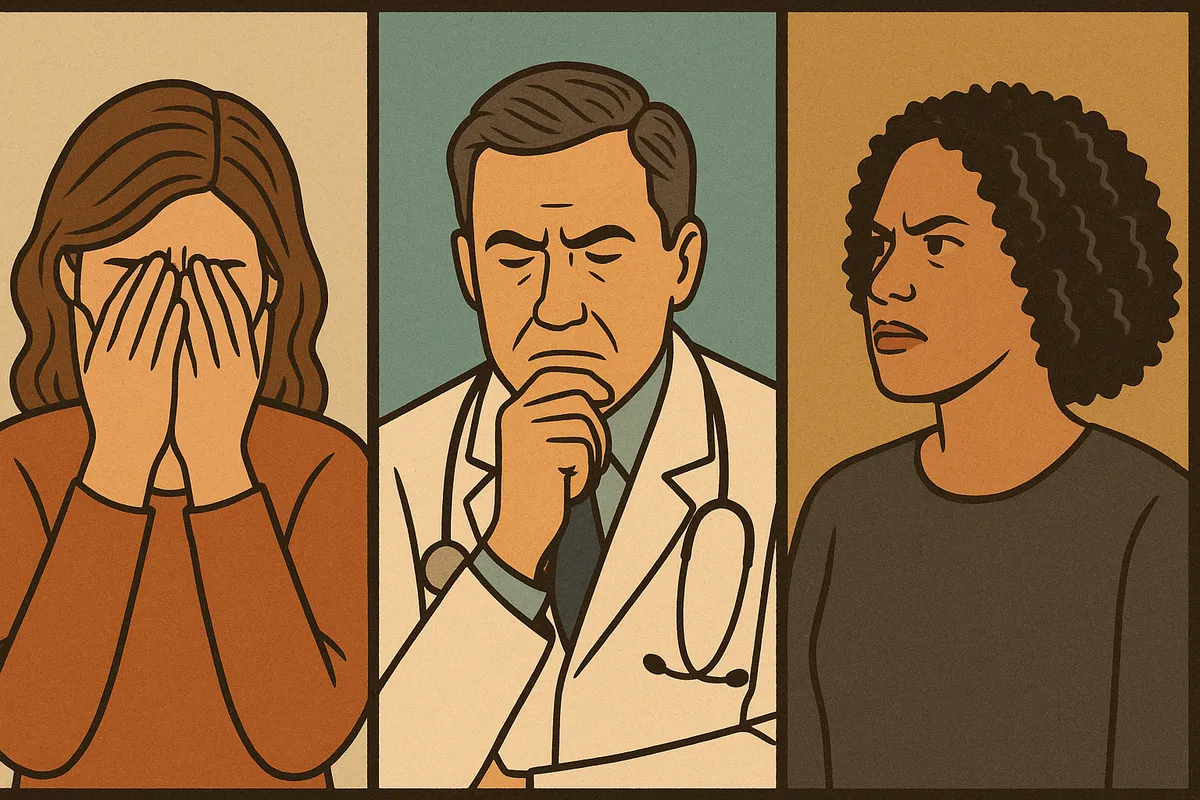When Autism Becomes the Trigger Word Again
 Fear for Parents, Fatigue for Doctors, Fury for Advocates
Fear for Parents, Fatigue for Doctors, Fury for Advocates
In the days since Trump’s reckless, evidence-free Tylenol pronouncement, the reactions have split along painfully familiar lines:
- Autism moms are left in tears, blaming themselves for following medical advice that was supposed to keep them and their babies safe. Their trust is shattered, their guilt weaponized.
- Physicians are weary and resentful, watching their exam rooms turn into battlegrounds where bone-headed presidential soundbites overpower decades of solid clinical guidance. They know nuance can’t compete with fearmongers.
- Neurodiversity advocates are furious, because autism has once again been dragged into the spotlight not as lived reality, but as a scare tactic — shorthand for tragedy, liability or “what went wrong.”
Different roles, same harm. Autism gets framed as catastrophe, and everyone pays: parents with guilt, doctors with mistrust, autistic people with erasure.
What we need is a conversation that refuses the frame altogether. Autism is not a warning label. It is not the cautionary tale at the end of a drug commercial. Until we stop letting political clown cars define autism as the thing to be feared, every new “cause” — Tylenol, vaccines, refrigerator mothers — will spin up again, ad infinitum.
The real crisis is not whether Tylenol “causes” autism. It’s that we keep accepting a world where autism is always the threat, never the life being defended.